What Causes Gallstones in Cats
Malfunction of the gallbladder Bile sludging which causes the bile to thicken and slow down Bacterial infection Tumor Nutritional imbalance such as consuming too much calcium or cholesterol. There are numerous causes and contributory factors involved with CCHS.
Upper Respiratory Infection in.
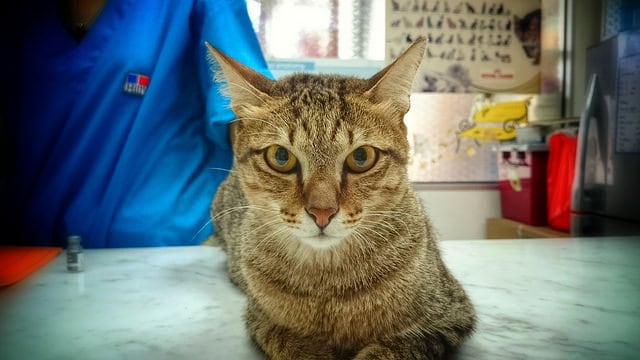
. Dehydration Urinary tract infection or inflammation. This then causes secondary problems in the cats metabolism leading to the signs of Fatty Liver Disease. Researchers do not fully understand why these changes in bile occur.
Cholelithiasis is a medical condition that can result from the formation of stones in the gallbladder. Gallstones can cause serious problems including. There are many possible causes of this initial loss of appetite ranging from a primary disease such as those listed above to a significant change in the cats lifestyle eg.
Gallstones form because either the gallbladder isnt functioning properly or something is wrong with the bile Toggle navigation. Gallstones also may form if the gallbladder does not empty completely or often enough. Cholelithiasis in Cats.
Gallstones may not always cause symptoms and in those cases dietary changes may be all that is. Since there are several different types of bladder stones that can form the cause of bladder stones in cats can vary. Using diagnostic and differential testing your doctor will rule out the following possible causes for the symptoms.
Stones in the bile ducts or the gallbladder may be visible on an X-ray or they may not. Gallstones In Cats Symptoms Causes And Treatment Pin On Break It Up What Are The Causes Of Gallstones In Cats Gallstones Cats Gallbladder Gallstones In Cats Symptoms Causes And Treatment Liver And Gall Bladder Disease In Your Cat Cholangiohepatitis Triaditis Ron Hines Vetspace 2nd Chance The Animal Health Website. Gallstones form when bile stored in the gallbladder hardens into stone-like material.
Most cats with gallstones show no signs or display discomfort only after eating. Pancreatitis Focal or diffuse peritonitis Bile peritonitis inflammation of the lining of the bile duct or the vicinity Gastroenteritis with secondary biliary tract involvement. An imbalance in the substances that make up bile including too much cholesterol.
Gallstones may form if bile contains too much cholesterol too much bilirubin or not enough bile salts. Gallstones rarely cause disease. Gallstones may go away on their own but typically they do not and treatment may be required.
Failure of the bile to flow normally caused by inflammation. Dietary supplements or drugs that affect the. When seen signs include vomiting jaundice loss of appetite abdominal pain and fever.
Gallstones are typically made up of calcium or other secreted substances which form into small stone-like structures within the body. Sudden change of diet or social change in the household. Certain conditions cause your liver to make too much bilirubin including liver cirrhosis biliary tract infections and certain blood disorders.
When cats develop certain types of liver disease such as cholangiohepatitis or hepatic lipidosis sometimes called fatty liver disease the accompanying inflammation can cause a bile traffic jam in the liver and biliary ducts. Low general condition fatigue possible fever and unwillingness to move Lick the external genitalia and urinate outside the sandbox Vomiting or diarrhea from the intoxication of the urine uremia Painful. No two cats are completely alike.
Gallbladder inflammation acute cholecystitis. Losing weight quickly may also lead to the formation of gallstones. Urine pH out of balance.
Can gallstones go away without surgery. Umbilical Hernias in Puppies and Kittens. Tritrichomonas Infection Causes Diarrhea in Cats.
Bile that may be supersaturated with pigment calcium or cholesterol. Reverse flow of pancreatic enzymes. When gallstones are present in the bile ducts it is called choledocholithiasis.
Excess phosphate ammonium or magnesium in the urine. There are many possible causes including. Bacterial infections are often present.
Some of these causes may include. Too much cholesterol bile salts or bilirubin bile pigment can cause gallstones. This happens when a stone blocks your gallbladder so.
The excess bilirubin contributes to gallstone formation. Consequently gallstones and consequent cystitis often cause the following symptoms in cats. Too much calcium or bilirubin in the bile or not enough bile salts.
CCHS often has a preceding or coexisting condition such as inflammation of the bile ducts gallstones pancreatitis inflammatory bowel disease IBD or chronic interstitial nephritis CIN - a form of kidney disease. Gallstones in cats can be caused by several different reasons including. Pancreatitis Inflammatory bowel disease.
Some of the causes of gallstones include being overweight pregnancy or hormone therapy. When gallstones become stuck in the gallbladder or bile ducts they can cause pain obstructions and infections. In cats gallstones are generally associated with bile duct inflammation.
When gallstones are present in the gallbladder itself it is called cholelithiasis. Additional causes of gallstones include gallbladder tumors that prevent the natural flow of bile infection which causes the bile to become thick and sludge-like and cell shedding which deteriorates the inner walls of the gallbladder itself. Gallbladder inflammation can occur in cats of any breed or age and is equally likely to occur in males or females.
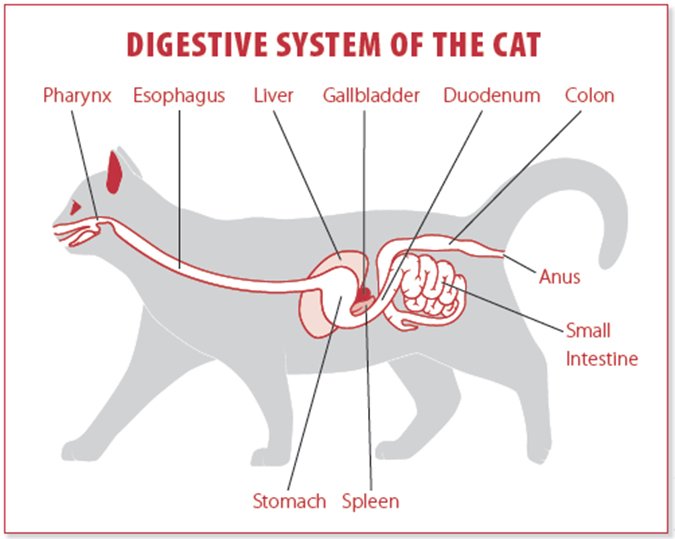
Gallstones May Show No Signs Catwatch Newsletter
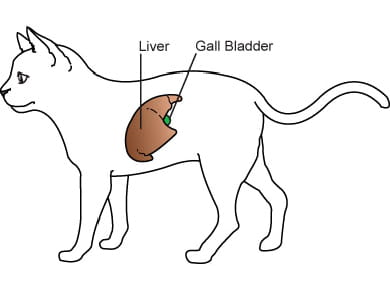
Cholangitischolangiohepatitis Syndrome In Cats Vca Animal Hospitals
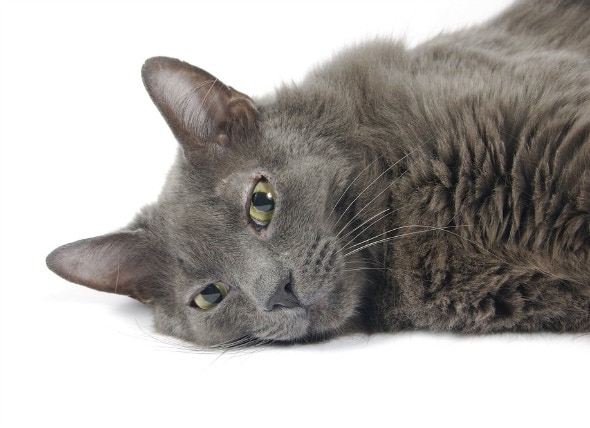
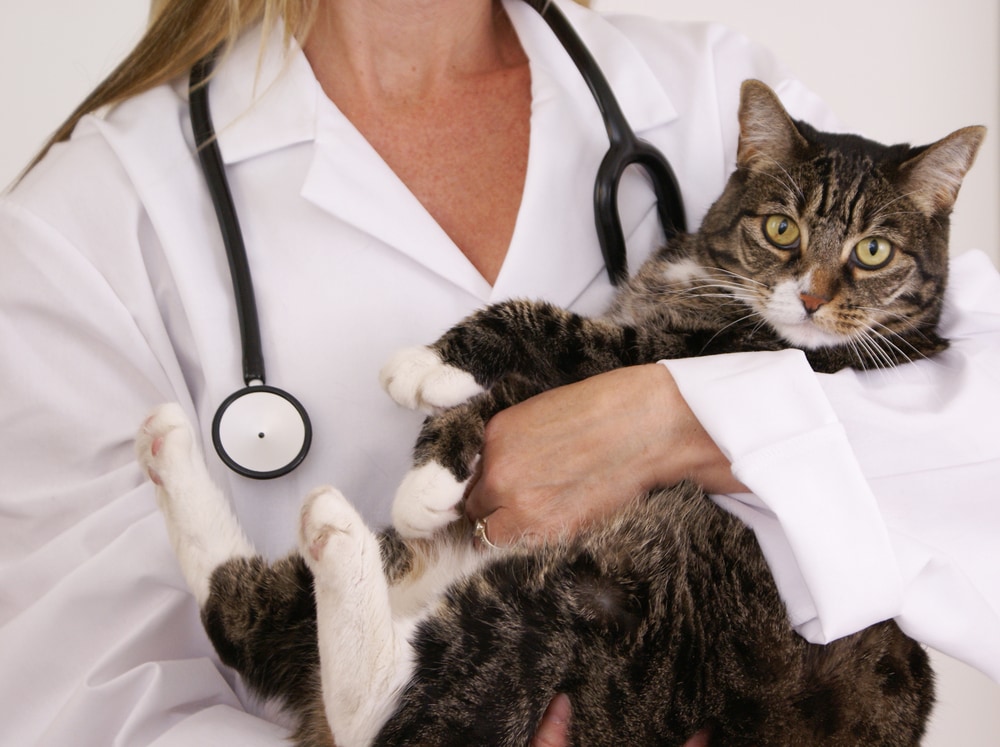
Belum ada Komentar untuk "What Causes Gallstones in Cats"
Posting Komentar